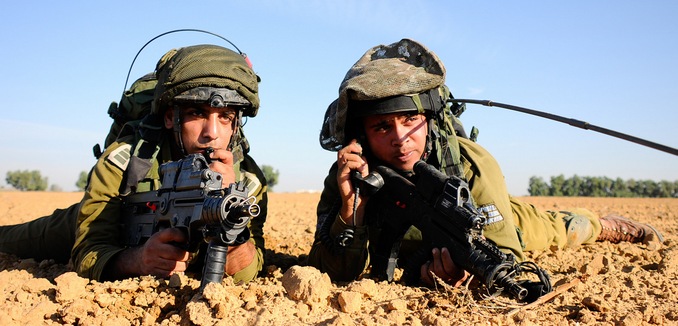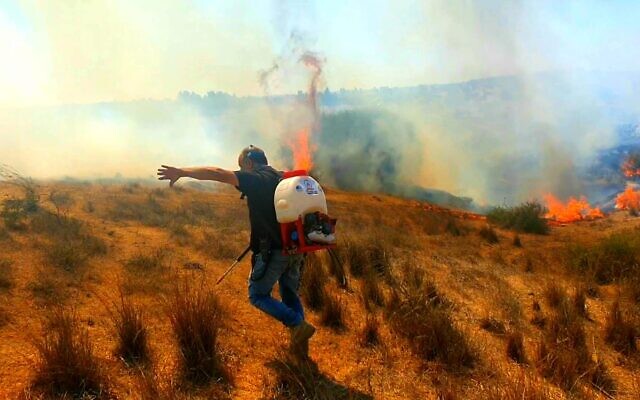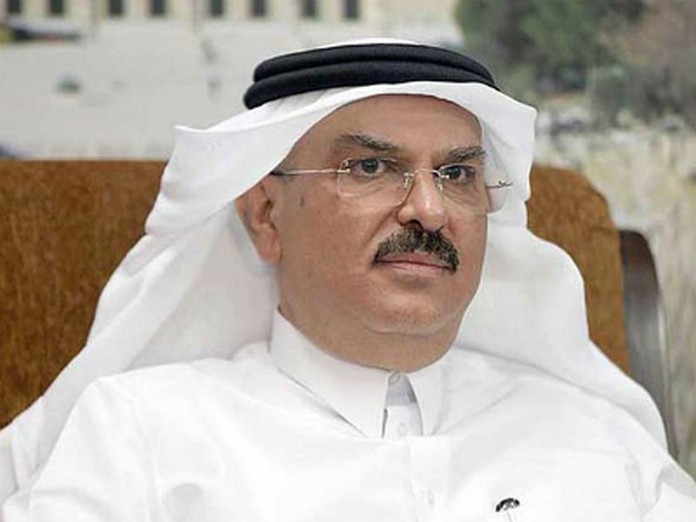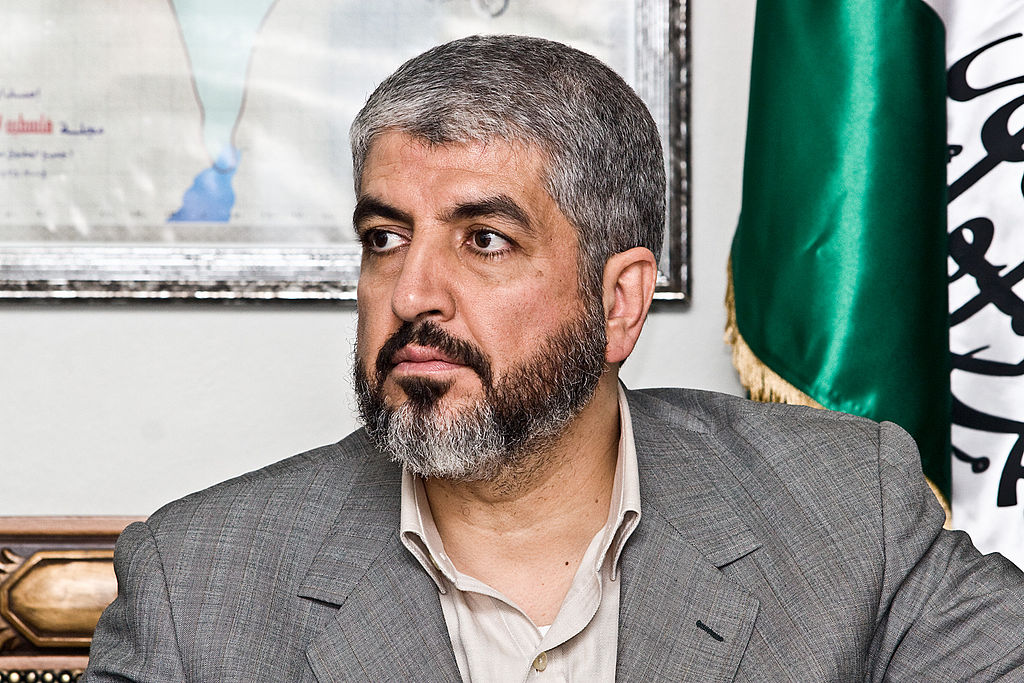We have seen this movie before, but it’s the only one in town.
Israel and Hamas have agreed to abide by yet another truce, the latest in a long line of ceasefires. It went into effect on August 31, ending several weeks of cross-border fighting in and around the Gaza Strip. It was brokered by Qatar in conjunction with Egypt and the United Nations.
How long it will endure is anyone’s guess, but it has held up so far. Previous truces have come and gone like summer sandstorms or winter rains. Sadly, Israel and Israelis have become inured to regular outbreaks of violence, and have been unable to cobble together a long-range ceasefire.
So Gaza remains an albatross around Israel’s neck.
The last eruption of fighting broke out on August 6 after a fairly long period of calm, the coronavirus pandemic having more or less halted Palestinian rocket and incendiary balloon attacks and violent protests near Israel’s border fence.

Hamas, the governing authority in Gaza since 2006, initiated the new round of fighting to pressure Israel to accept its demands.
The Hamas leadership, consisting primarily of Yehya Sinwar, Khaled Meshal and Ismail Haniya, made two major demands. They called for the lifting of Israel’s land and sea blockade, which has stifled the free movement of people and goods for the past 14 years, and asked for a new infusion of funds from Qatar to provide relief for impoverished residents, pay civil servants, and purchase fuel.
To prod Israel into accepting its demands, Hamas resorted to its usual, time-honored blackmail tactic. It allowed Palestinian operatives to launch hundreds of explosives-borne balloons and some rockets into southern Israel. These projectiles caused dozens of minor fires in farmland and open fields, as well as property damage.

By way of retaliation, Israel launched daily air raids targeting Hamas military sites and concrete factories, closed a major border crossing, stopped the shipment of oil into Gaza, and forbade fishermen to set out to sea.
As tensions escalated, Prime Minister Benjamin Netanyahu threatened to expand military operations and assassinate Hamas leaders. These were not idle threats. Since 2008, Israel and Hamas have fought three wars, all of which ended inconclusively and failed to deter Hamas.
On August 17, a delegation from Egypt arrived in Gaza and urged Hamas leaders to halt their campaign of violence. They refused and the Egyptians went back to Cairo empty-handed.
Mohammed al-Emadi, Qatar’s special envoy and the head of its Committee for the Reconstruction of Gaza, turned up in Gaza on August 25, just as the first case of coronavirus community transmission was reported.

Emadi announced on September 2 that $34 million would be channelled into Gaza to deal with its perennial humanitarian crisis. Over the last few years, Qatar, which has no diplomatic relations with Israel, has pumped hundreds of millions of dollars into Gaza, burnishing its image in the Arab world.
The most recent instalment will cover the cost of helping families below the poverty line, supplying Gaza with Israeli natural gas, increasing the salaries of government workers, and importing 20,000 coronavirus testing kits. In addition, 7,000 more laborers from Gaza will be permitted to work in Israel.
Israel, however, did not lift its siege, which is intended to prevent Hamas from smuggling unlimited quantities of weapons and munitions into Gaza.
On September 9, Emadi suggested that Qatari aid to Gaza comes with no strings attached.
“Qatar has managed to establish itself as an impartial and a trusted partner over the years,” he said. “Unlike some other actors, Qatar has always kept its promises to all parties and it comes with no personal agendas. Qatar firmly believes in dialogue and diplomacy. We remain committed to the rights of the brotherly Palestinian people, who have been living under occupation for decades.”
Israel is grateful that Qatar, an oil-rich Gulf state, has been so generous in propping up Gaza’s economy. Absent these funds, Gaza would be in much worse shape, with all its attendant consequences.
Critics in Israel have likened Israel’s strategy to paying protection money to gangsters. But as the old saying goes, it is what it is.
